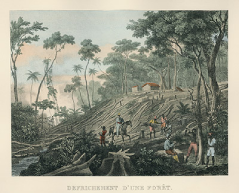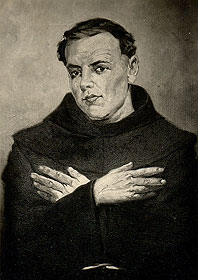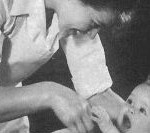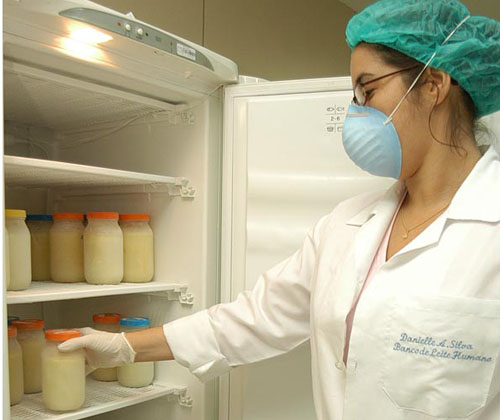26 October 2015
Karina Toledo / Agência FAPESP
Brazil has been one of the leaders of the fight against malaria in the Americas and is approaching elimination of the disease, which kills about half a million people a year worldwide, most of them children under five, said Keith Carter, senior advisor on malaria and other communicable diseases at the Pan American Health Organization (PAHO), linked to the World Health Organization (WHO), in his opening words to the São Paulo School of Advanced Sciences on Malaria Eradication.
Supported by FAPESP, the Bill & Melinda Gates Foundation, PAHO and the Brazilian Ministry of Education’s Office for Faculty Development (CAPES), the event was attended by 104 students and young researchers from 42 countries. It took place at the University of São Paulo’s School of Public Health (FSP-USP) in Brazil from September 22 to October 2.
“Brazil has succeeded in significantly reducing malaria transmission in its territory and sets the world an outstanding example. Of course, there are still hurdles to surpass, especially in frontier areas,” Carter told Agência FAPESP. “In Venezuela, for example, it’s a bigger challenge than anywhere else in the Americas, and the number of cases is growing year by year.”
In his presentation to the event, Carter recalled that malaria, which is transmitted through the bites of Anopheles mosquitoes, occurred essentially throughout the world in the early twentieth century. The first global campaign to eradicate malaria was held in the mid-1950s, only a few years after the WHO was established.
The basis of the campaign was the controversial pesticide DDT (dichlorodiphenyltrichloroethane). The idea was to spray all homes in all countries with DDT to reduce the density of the vector mosquito population sufficiently to break the chain of transmission. Read the full story
Articles about Malaria already published in HCS-Manguinhos:
Cueto, Marcos. La “cultura de la sobrevivencia” y la salud pública internacional en América Latina: la Guerra Fría y la erradicación de enfermedades a mediados del siglo XX. Hist. cienc. saude-Manguinhos, Mar 2015, vol.22, no.1, p.255-273. ISSN 0104-5970
Silva, Renato da and Paiva, Carlos Henrique Assunção. The Juscelino Kubitschek government and the Brazilian Malaria Control and Eradication Working Group: collaboration and conflicts in Brazilian and international health agenda, 1958-1961. Hist. cienc. saude-Manguinhos, Mar 2015, vol.22, no.1, p.95-114. ISSN 0104-5970
Nussenzweig, Ruth Sonntag. Breakthroughs towards a malaria vaccine. Hist. cienc. saude-Manguinhos, June 2011, vol.18, no.2, p.559-564. ISSN 0104-5970
Gachelin, Gabriel and Opinel, Annick Malaria epidemics in Europe after the First World War: the early stages of an international approach to the control of the disease. Hist. cienc. saude-Manguinhos, June 2011, vol.18, no.2, p.431-470. ISSN 0104-5970
Estrada Orrego, Victoria and Márquez Valderrama, Jorge. Etiología parasitaria y obstáculos epistemológicos: el caso de la malaria en Colombia. Hist. cienc. saude-Manguinhos, Mar 2007, vol.14, no.1, p.91-118. ISSN 0104-5970










